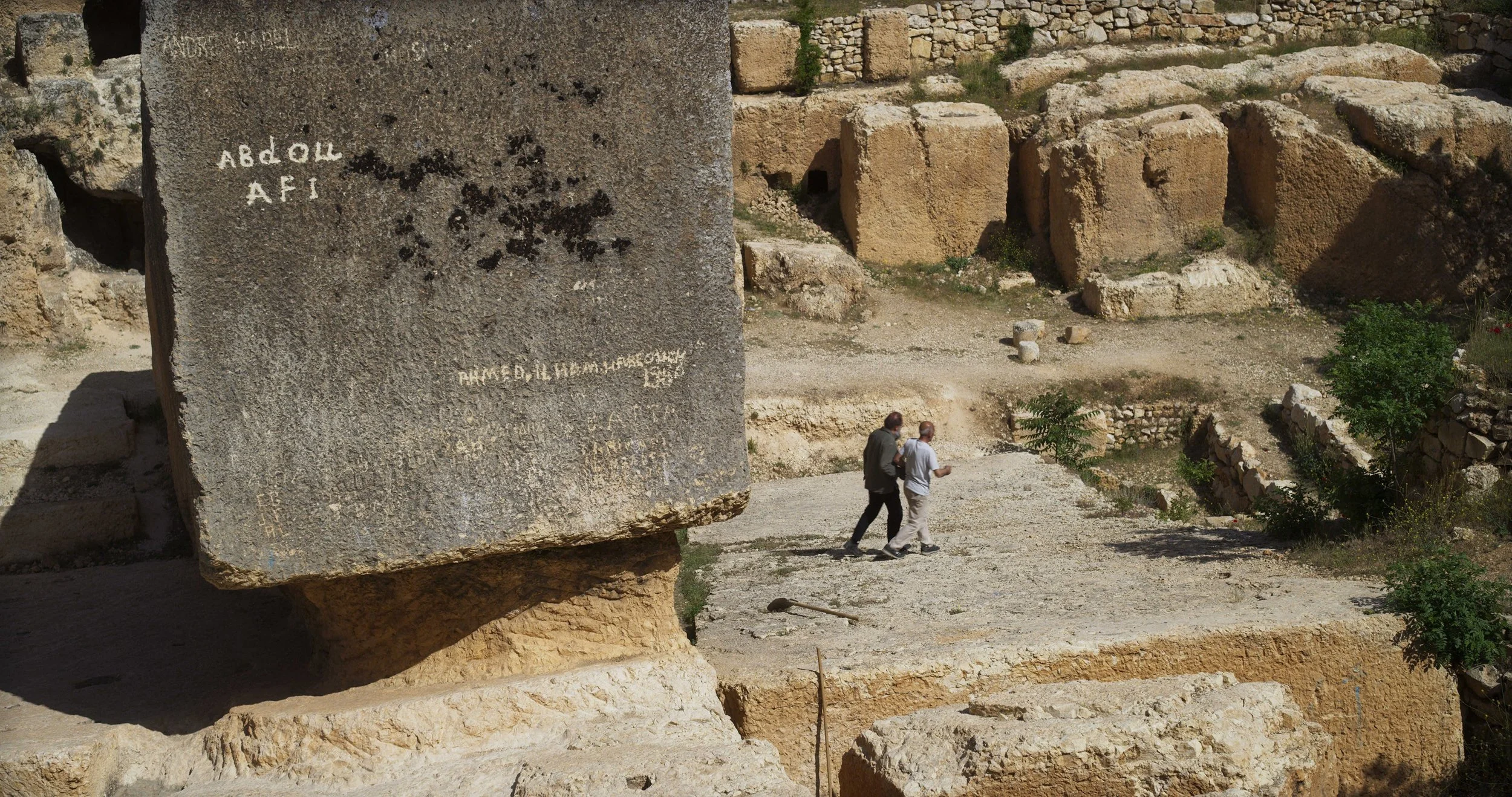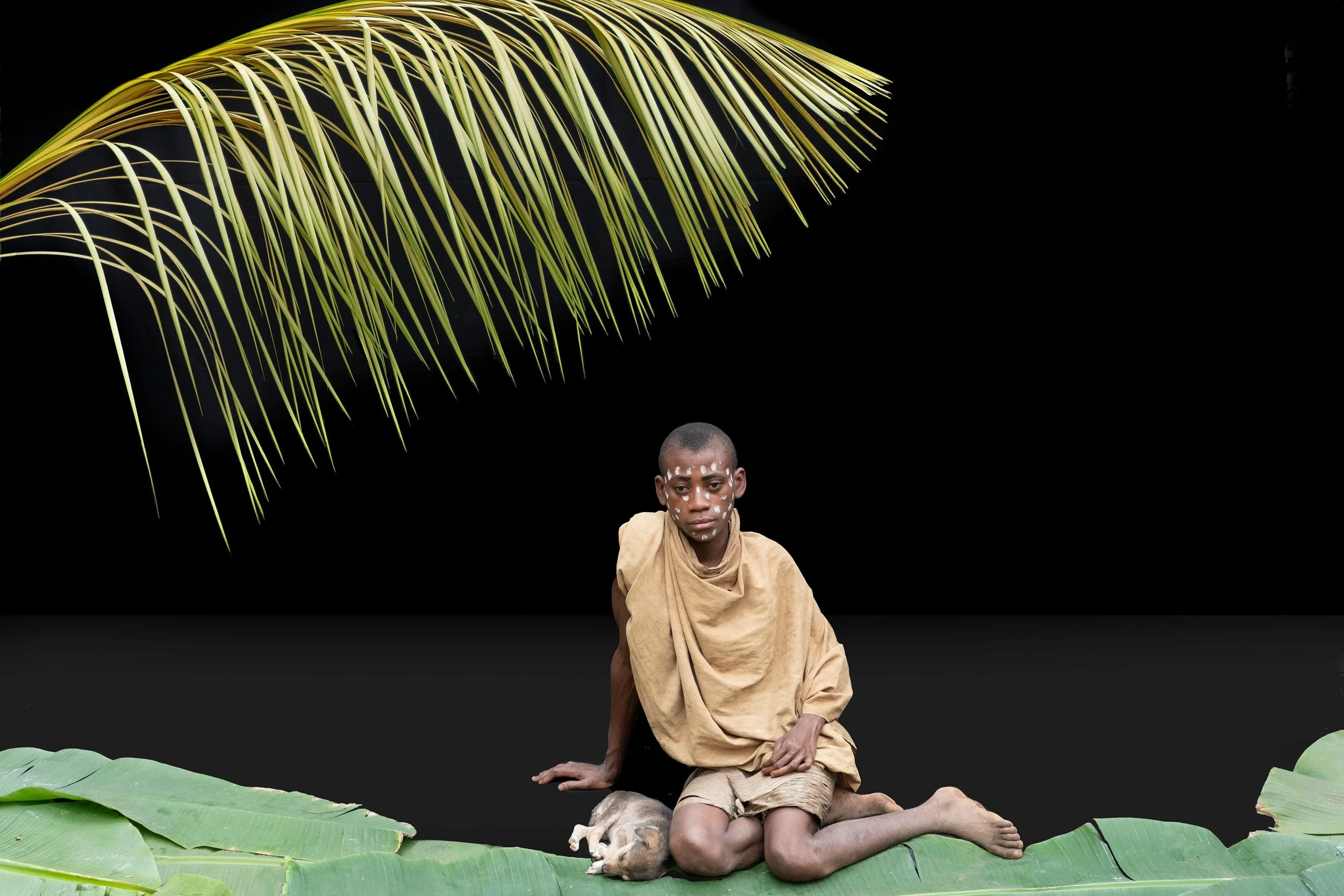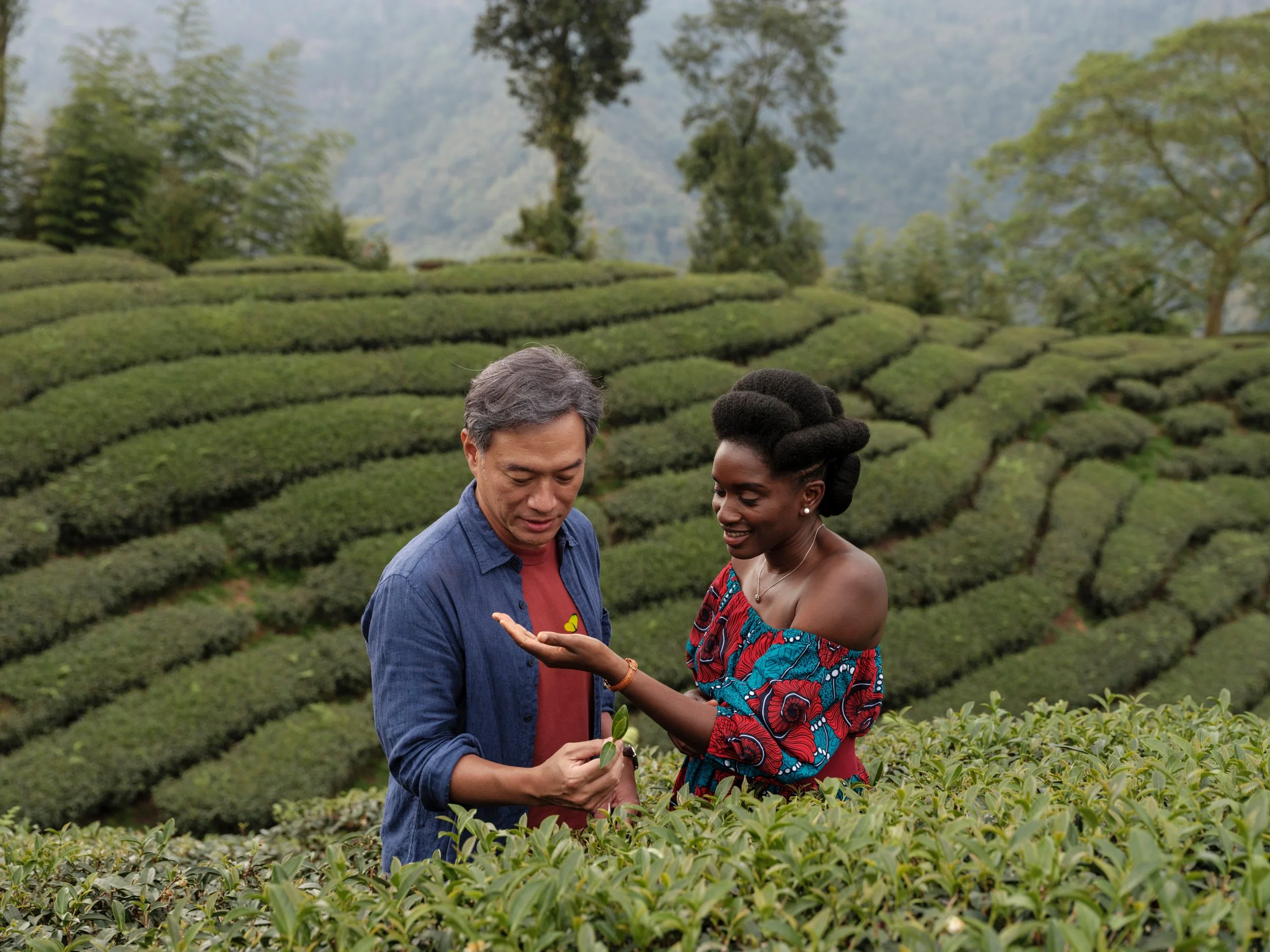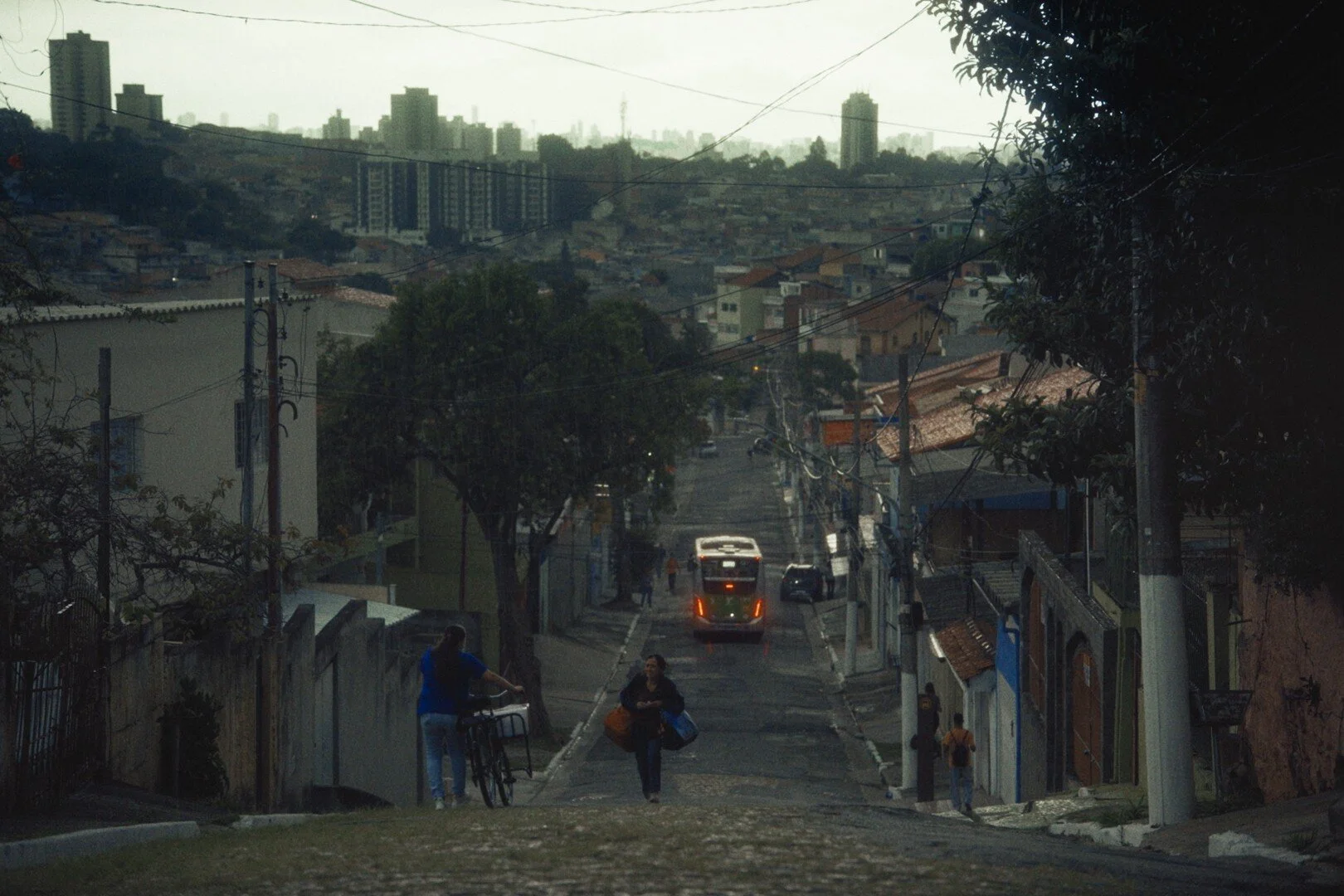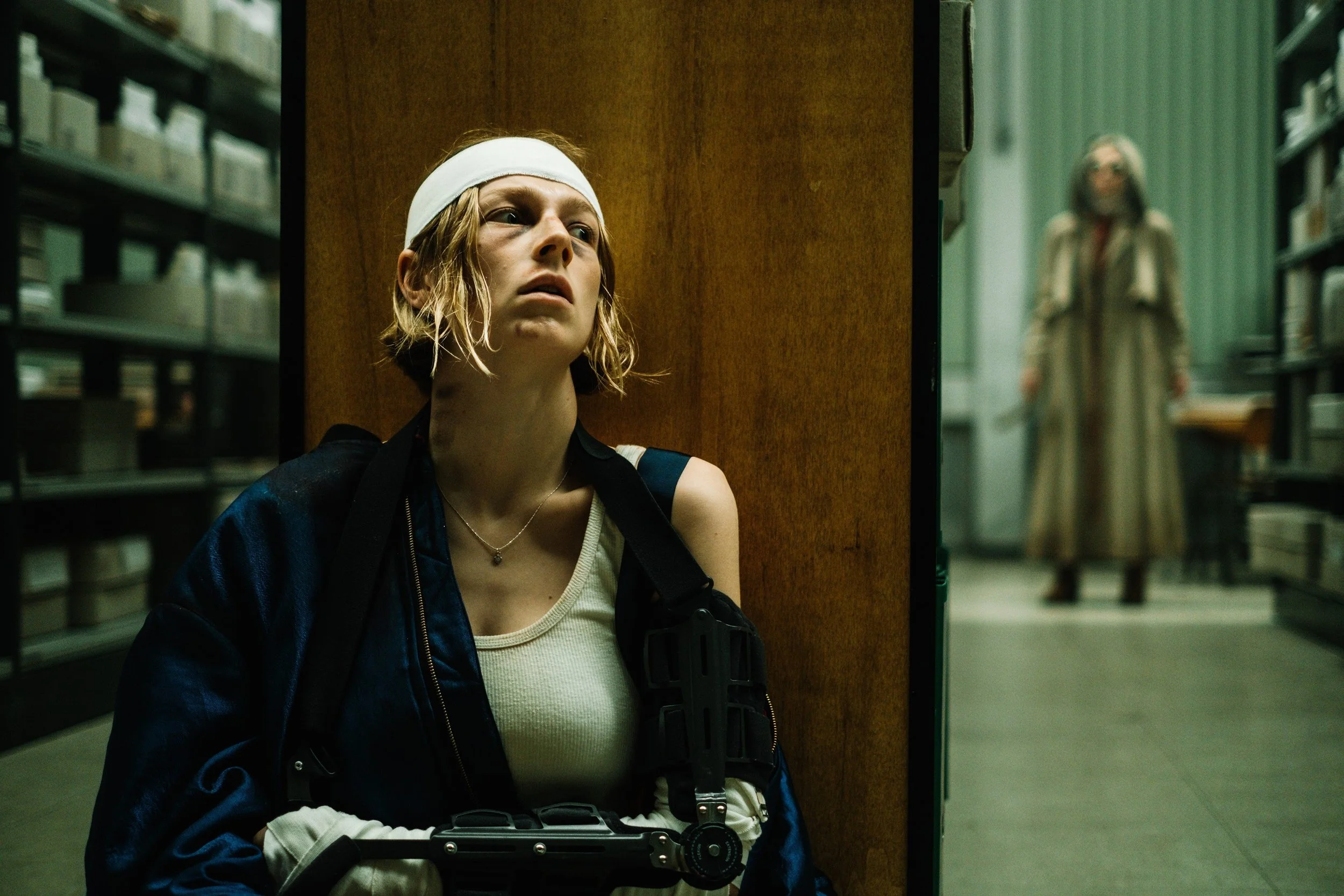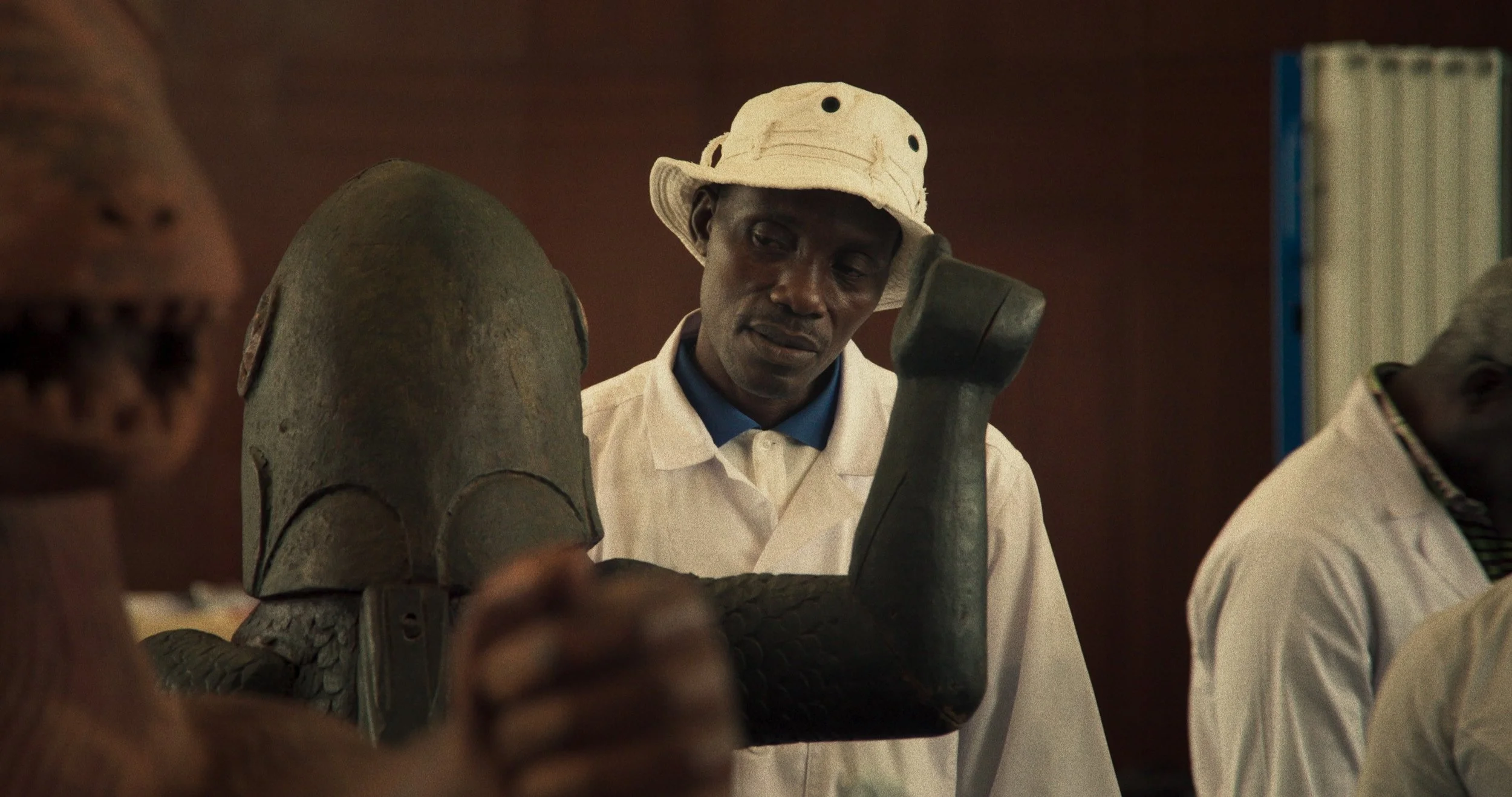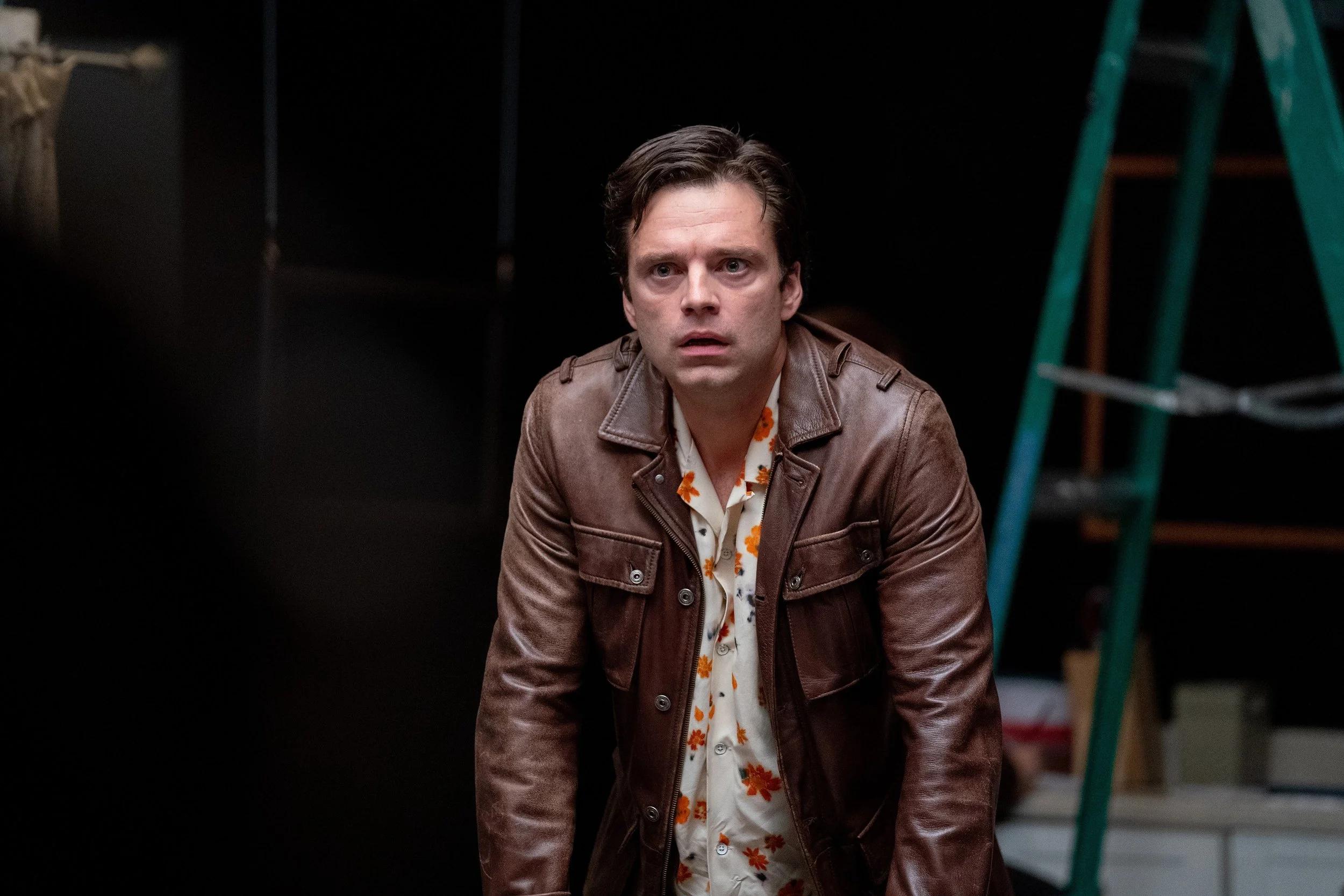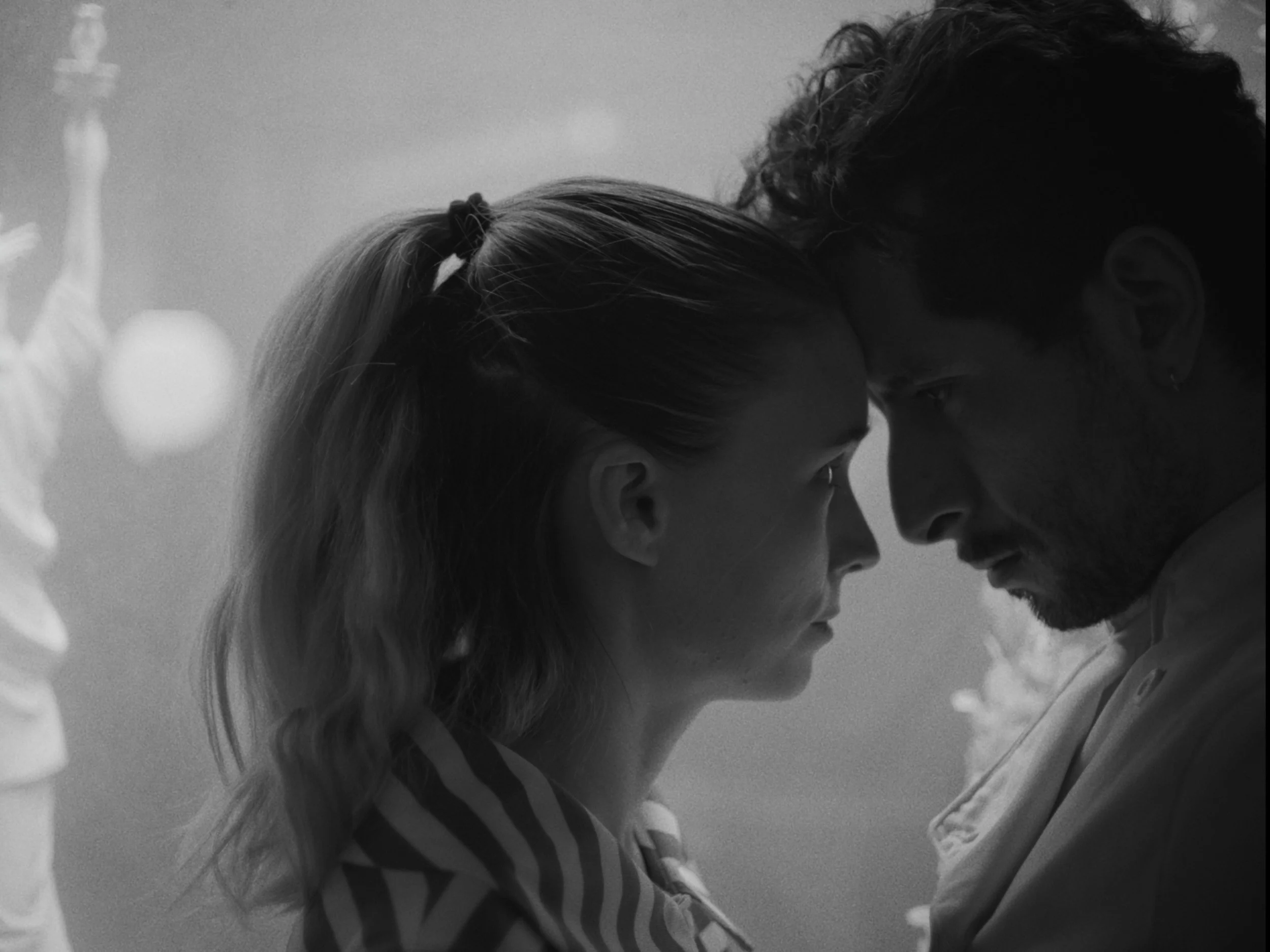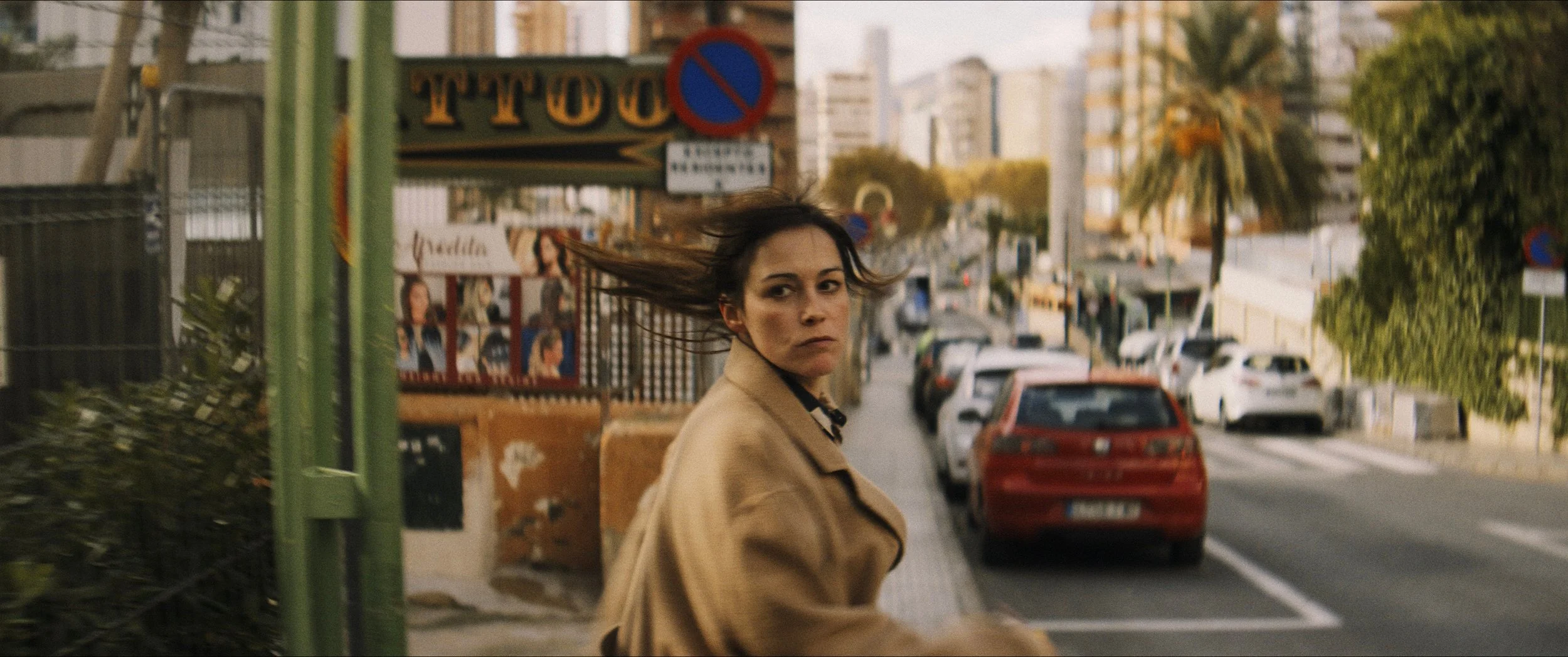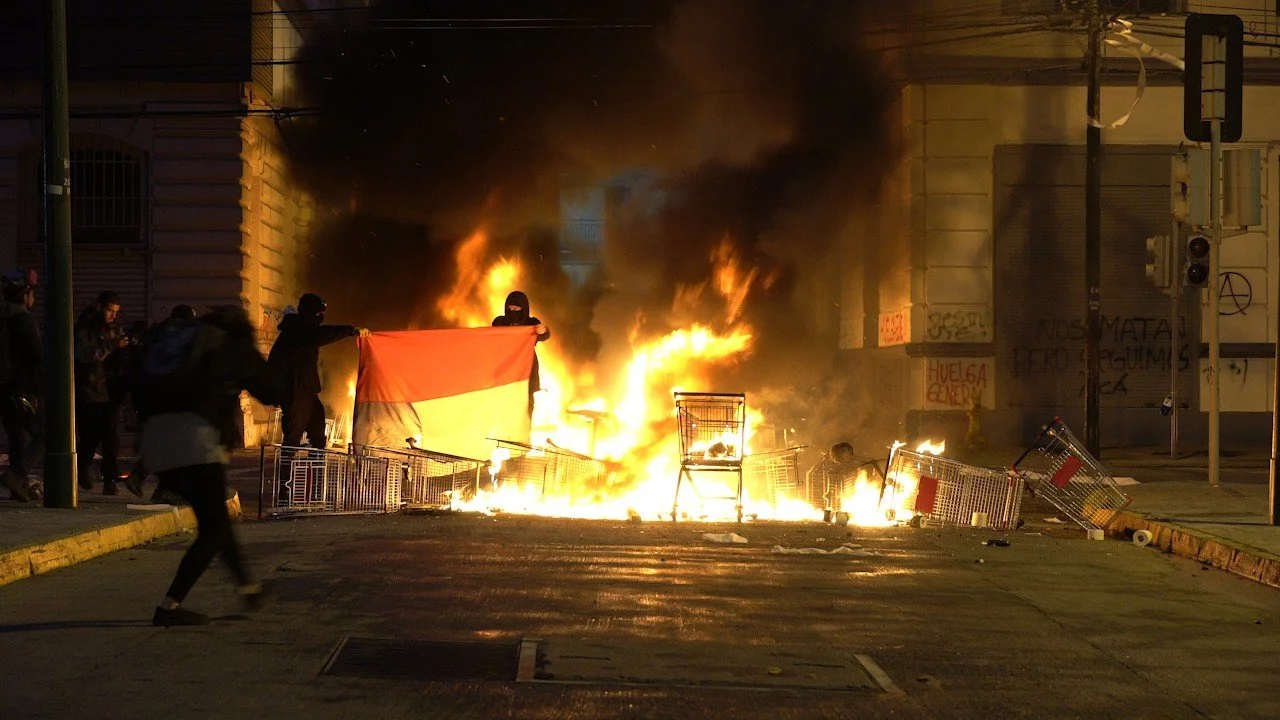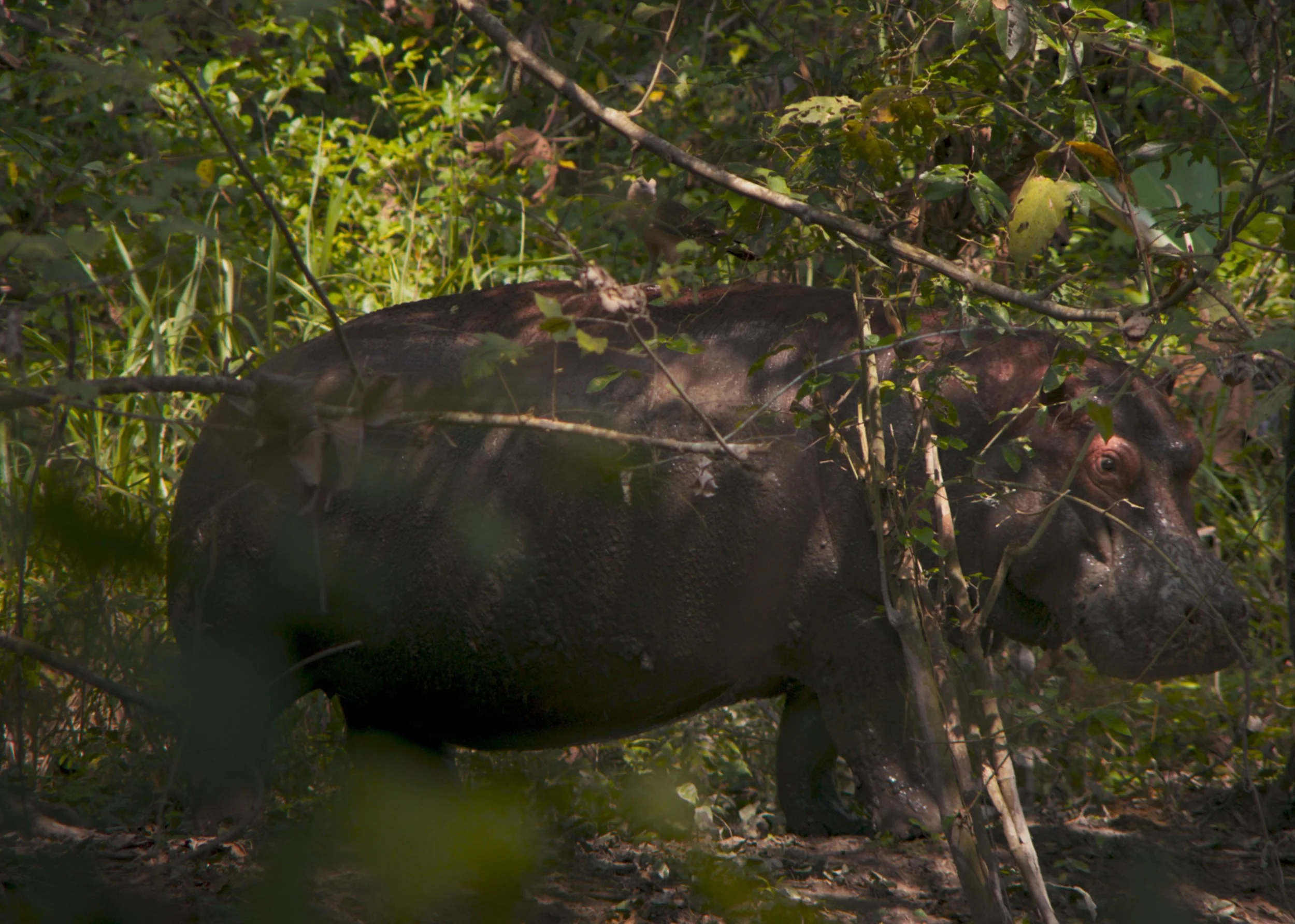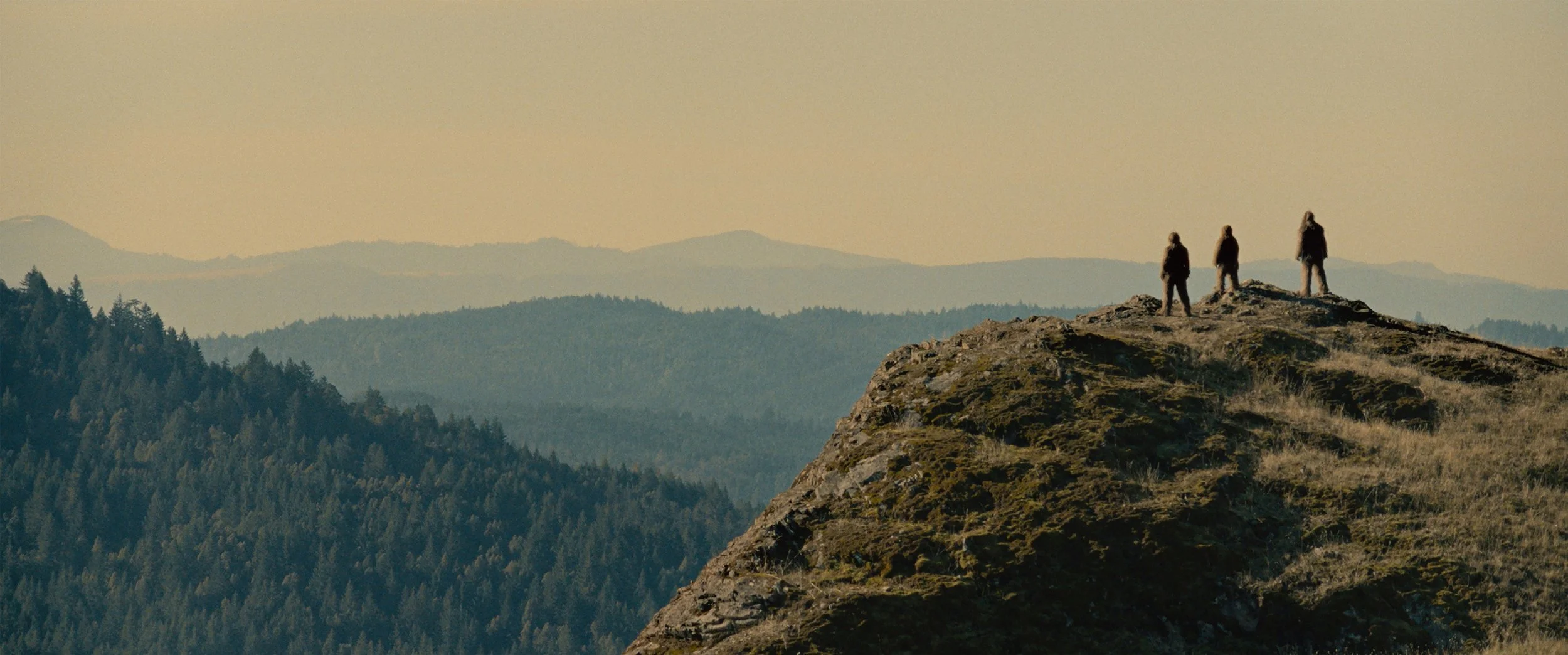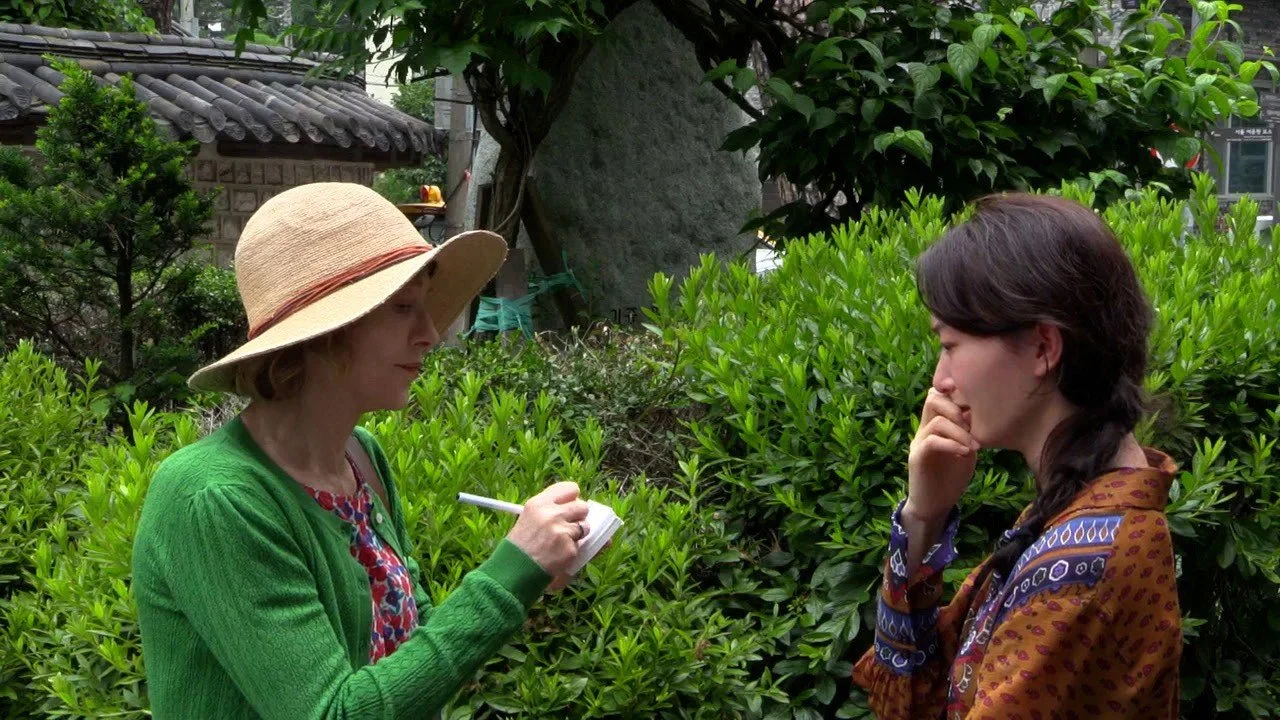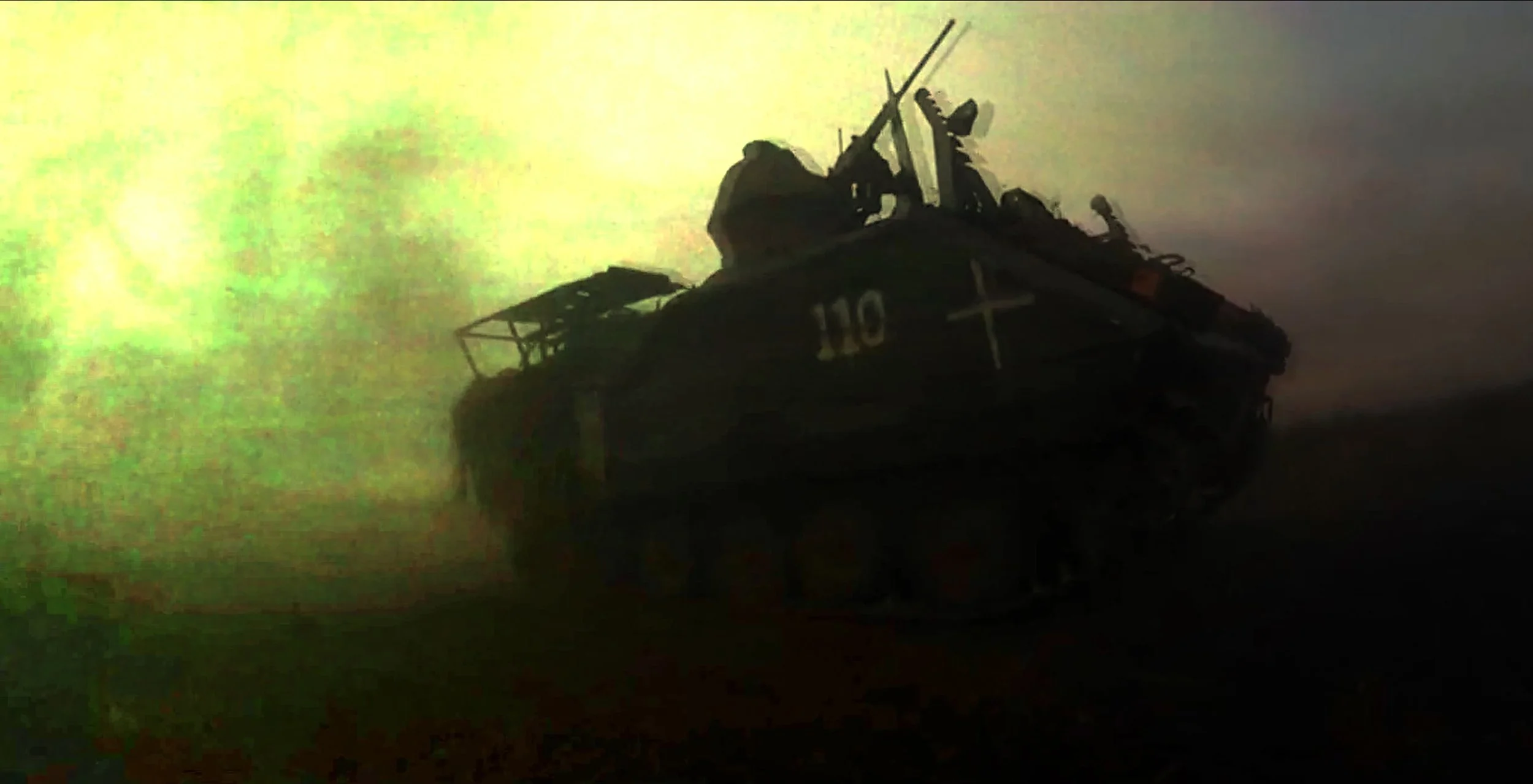First Impressions: Berlin Film Festival 2024
Courtesy of the Berlin Film Festival.
Since 1951, the Berlin Film Festival –– or the Berlinale –– has made its name as one of the largest and most diverse public film festivals in the world, attracting movie lovers, critics, and industry professionals alike. With theatrical venues scattered across the sprawling cityscape of Berlin, Berlinale feels like a festival inextricably connected to its urban setting and the historical context of its creation in the post-war years. This year’s edition of the Berlinale ran from February 15-25, showcasing around 200 of the most exciting and artistic new works of cinema and classic restorations screened for the first time.
More audacious than Cannes and much less mainstream than Toronto or Sundance, the Berlin Film Festival has distinguished its singular identity over the past 74 years as a film festival of political and creative daring. Berlinale also upholds a pillar of the film industry in Europe, hosting a massively influential film market. While this year’s edition of the festival was marred with much controversy –– even before it kicked off on February 15 –– many quality works were introduced to audiences and will undoubtedly go on to influence the landscape of the industry as 2024 moves forward. Presiding over the Main Competition this year was actress Lupita Nyong’o, whose jury awarded the top prize to Dahomey, the latest from French-Senegalese filmmaker Mati Diop, who makes history as the first Black director to ever be awarded the Golden Bear. From documentaries to narrative features, please keep reading to check out Foremost Film’s first impressions of every title we saw at the 74th Berlin Film Festival, which also marked our first time in attendance!
Courtesy of the Berlin Film Festival.
‘Architecton’
Director: Victor Kossakovsky
Section: Competition
Kossakovsky follows up his 2020 festival darling Gunda with another potent work, Architecton, a documentary that examines humankind’s evolving (or devolving?) relationship with architectural practices. Juxtaposing ancient ruins of buildings with crumbling concrete structures built within the past 50 or 100 years, Kossakovsky goes into exchange with Italian architect Michele de Lucchi to ponder the contrast between constructions meant to last and those created in modern times, which often are treated as dispensable. With crystal clear digital drone footage examining unsustainable rock quarries or bombed-out apartment buildings in the war zones of Ukraine, Architecton creates epic sequences that hypnotize as profoundly as they invoke query. As with Gunda and his earlier film, Aquarela, Kossakovsky’s respect and devotion to protecting the natural world are on full display in Architecton.
Courtesy of the Berlin Film Festival.
‘À quand l’Afrique? | Which Way Africa?’
Director: David-Pierre Fila
Section: Panorama Documentary
After studying and working in Europe for much of his adult life, Pierre Fila returns to his homeland to create a rich and insightful essay film split between the city of Bangui, Central African Republic, and the countryside of the Democratic Republic of Congo. A mix of celluloid footage and still photography captures the push and pull between the magnificence of traditional heritage in Africa and the suffering caused by being forced to assimilate with the Western, Capitalist world. Pierre Fila captures the importance of community and spiritual practice in the areas where he films, with a deep focus on the textures of culture and tradition that continue to spirit these areas and people today. À quand l’Afrique? embodies a spirit of Panafricanism that makes for a potent viewing experience.
Courtesy of the Berlin Film Festival.
‘Black Tea’
Director: Abderrahmane Sissako
Section: Competition
The highly-anticipated follow-up to Sissako’s Oscar-nominated Timbuktu from 2014, Black Tea is a beautifully made and culturally rich romance that unfortunately fails to scratch the surface of true passion or desire. The film centers around Aya, a young Senegalese woman who dodges a wedding she does not desire by fleeing to China. Moving to the port city of Guangzhou, also known as ‘Chocolate City’ due to its large community of African immigrants, Aya falls in love with the ceremony built around brewing and drinking tea, as well as the owner of the tea shop where she works. The film explores several thinly thought-out subplots that involve its characters reconciling with their respective cultural barriers but would have done better to focus on its foremost romance, which never feels as sumptuous or passionate as the visual language created by Sissako.
Courtesy of the Berlin Film Festival.
‘Cidade; Campo’
Director: Juliana Rojas
Section: Encounters
*Winner of Best Director, Encounters*
Ruminative in its pacing and haunting in its spirit, Brazilian filmmaker Rojas delivers a brilliant diptych with her latest work, Cidade; Campo. Split between two narratives, the film explores intricate female characters as they enter alien spaces to start new chapters in their lives but cannot shake off the ghosts of the past. The movie begins with Joana, who is forced to move to the city for the first time after her family farm is destroyed in a major flood. As Joana seeks employment and navigates the typical tribulations of urban living, she is plagued by dreams from her former life in the countryside, haunted by visions of a white horse she owned as a child. Couple Flavia and Mara are featured in the film’s latter section: city-dwellers compelled to move to the countryside when Flavia’s estranged father passes away and leaves his modest farm to her. As the two try to find success and tranquility on their new homestead, Flavia becomes disturbed by what she learns about her late father and the remote wilderness surrounding his farmland. Through this “country mouse and city mouse” approach, Cidade; Campo explores nuanced female perspectives, as well as elements that influence Brazilian life today, including climate change, economic disparity, and relationships with indigeneity. Rojas creates an ominous and intellectual atmosphere that is expertly crafted and absorbing.
Courtesy of the Berlin Film Festival.
‘Cuckoo’
Director: Tilman Singer
Section: Berlinale Special
Hunter Schafer makes her debut in a leading performance in German filmmaker Singer’s latest horror. Set in a wildly eerie resort community in the Bavarian Alps, Shafer stars as Gretchen, a teen mourning her mother and forced to move in with her father and step-family, who favors his second clan over her. Shortly after arriving, things start to go haywire, especially as Gretchen and the other vacationers are terrorized by a bespectacled and bonneted murderous woman whose guttural screams possess the ability to warp time? While Shafer shines as a moody and grieving teenager, the parameters of Tillman’s vision never add up, making for a frustrating and nonsensical horror film that is impressively crafted but ultimately head-scratching. Shafer’s star power will likely be enough to draw in audiences when Cuckoo makes its theatrical debut in a few months.
Courtesy of the Berlin Film Festival.
‘Dahomey’
Director: Mati Diop
Section: Competition
*Golden Bear Winner*
The epitome of “all killer, no filler,” Diop makes the most of Dahomey’s 67-minute runtime, making each image and line of dialogue count in her latest documentary, which chronicles the 2021 return of 27 Dahomean artifacts from French historical archives to their rightful home in modern-day Benin. Ethereal harps accompany stoic scenes that show the artifacts making their way back to their rightful homeland, exiting the dark bowels of French museums where they have been relegated as treasures emblematic of the high times of the Colonial era. Diop anthropomorphizes some of the treasures, including a statue of Ghezo, a King of Dahomey, with a seemingly primordial voiceover that harkens back to a bygone era of African prosperity with tremendous intrigue and effect. Once Ghezo and his compatriot relics have returned to Benin, a staged open forum at a university opens a fantastic section of Dahomey, in which the younger generations candidly examine many angles of what makes up their rich cultural heritage (including the returned material objects) and how they will uphold and protect it in the future. As with Diop’s 2019 feature Atlantiques, her latest work bears a beautiful sensitivity and fluidity that showcases her decisive vision as a filmmaker with a priority on exploring her African roots and their relationship with the contemporary world.
Courtesy of the Berlin Film Festival.
‘A Different Man’
Director: Aaron Schimberg
Section: Competition
*Silver Bear Winner for Best Leading Performance: Sebastian Stan*
Starring Sebastian Stan, Renate Reinsve, and Adam Pearson, A Different Man is a dark and twisted examination of an aspiring actor’s inability to experience actual change or personal growth. Edward (Stan) is a shy, shifty New Yorker who feels that his life and career have been greatly hindered by the neurofibromatosis that has significantly deformed his face. Spurred by a potential romance with a new neighbor in his apartment building, Edward decides to undergo an experimental drug therapy that will reverse his condition. Despite the positive physical effects of the treatment, Edward remains the same broken person on the inside, which is only enflamed when an assured new actor shows up on the scene, who also has neurofibromatosis. Equal parts body horror and psychological thriller A Different Man offers nuanced insight into male futility and broken psyches in the modern world.
Courtesy of the Berlin Film Festival.
‘Hors du Temps’
Director: Olivier Assayas
Section: Competition
Four years later, some filmmakers are still making sense of their time during the COVID lockdowns, including Assayas with his latest work, Hors du Temps. Much improved from his catastrophic last movie, 2019’s Wasp Network, Hors du Temps is an auto-fictional portrait of the director’s life during the spring of 2020, when he was quarantining in his familial country home outside of Paris with his older brother and their girlfriends. Scenes with voiceover from the director describe his memories and experiences engrained in the rural setting: the winding forest paths, grassy tennis courts, and sprawling fields of wildflowers. While these intervals do inspire poetic value, the film that surrounds them can feel exhaustive, pretentious, and privileged in a highly alienating way: it seems superfluous and insensitive for a bourgeois filmmaker to reflect on the peace and tranquility that the pandemic afforded his life, especially from the perspective of someone who was able to avoid the elements of uncertainty that the working class was unable to during that time. PSA to all filmmakers: no one wants to see cinematic versions of anyone sanitizing their groceries circa May 2020 ever again.
Courtesy of the Berlin Film Festival.
‘La Cocina’
Director: Alonso Ruizpalacios
Section: Competition
Absolutely fearless, throwing everything at the screen, La Cocina could become a significant festival darling this year if the right distributor rolls it out. Starring Raúl Briones and Rooney Mara, La Cocina is loosely adapted from a 1957 play. The film takes place over a day in the hellscape of a Times Square tourist trap restaurant, focusing on the back-of-house dynamics of the kitchen staff, mainly made up of immigrants hustling to bring their “American Dreams” to life. Ruizpalacios works overtime to flesh out the characterizations of his hefty cast, giving every part a solid purpose and point of view that contributes to the movie’s overall criticisms of the impossibility of benefiting from Captialistism if you are an outlier of those who conventionally profit from its designs. Shot in ravishing black and white by Juan Pablo Ramirez, La Cocina’s camera whips through the labyrinthic bowels of its restaurant setting with a masterful elegance, intercut with flashes of color that work with immense potency. By the end of the movie’s runtime, no emotion has been left unexplored, and a chaotic setpiece near its finale might be heavy-handed for some audiences. Nevertheless, Ruizpalacio’s ambitious vision must be celebrated.
Courtesy of the Berlin Film Festival.
‘Les Paradis de Diane’
Director: Carmen Jaquier and Jan Gassmann
Section: Panorama
As with her debut feature, Thunder, Jaquier again uses her filmmaking to excavate a complex female protagonist in Les Paradis de Diane. Starring Dorothée de Koon as the titular character, the movie follows Diane as she abandons her husband and newborn child in Switzerland to set off on her own to the tourist hotspot of Benidorm, Spain, in search of answers to questions she does not know, or at least share with the audience. Filming the tourist town’s neon-lit nightlife with a shakey handheld camera, Jaquier and Gassmann create a melancholy but fascinating texture to the film, observing Diane as she struggles to shake off the conventions of responsibility that she longs to escape. De Koon’s performance is evocative and controlled, instilling an exceptional level of mystery into her character. The directors treat their audience with a level of intelligence that should be appreciated, never laying out the complexities of the character they have created or oversimplifying her intricacy as a woman.
Courtesy of the Berlin Film Festival.
‘Oasis’
Director: Tamara Uribe, Felipe Morgado
Section: Forum
Shot between 2019 and 2023, Oasis takes an observational perspective on the social and political unrest that has plagued Chile for the past few years. Uribe and Morgado are part of Chile’s MAFI Collective, which emphasizes documenting Chile’s social zeitgeist through audiovisual mediums. Shedding the manipulations of “talking head” interviews, Oasis captures authentic moments and interactions during violent protests and court proceedings that challenge the government’s mismanagement of Chile’s public sector, documenting both the physical and institutional violence brought up by the discontent of Chile’s people. While the MAFI Collective decisively expresses its liberal views, Oasis works to capture all political and ideological perspectives that influence Chile’s lawmaking today, including the influences of Pinochet’s authoritarian regime that remains influential in the country.
Courtesy of the Berlin Film Festival.
‘Pepe’
Director: Nelson Carlo De Los Santos Arias
Section: Competition
*Winner of the Silver Bear for Best Director*
It is a safe bet to state that Pepe from Dominican writer/director De Los Santos Arias is the strangest movie that audiences will ever see about a hippopotamus speaking from the afterlife. Loosely fictionalizing the true life and death of one of the hippos Pablo Escobar imported from Africa to his Colombian hacienda during the 1980s, Pepe expands upon the eponymous safari creature’s heroized status following the public outcry in response to his death at the hands of the Colombian military in 2009. Filmed in different parts of Africa and Colombia, Pepe inventively combines many, many mediums to create its striking visual language that oscillates throughout the film’s 2-hour runtime. De Los Santos Arias beautifully captures both the tranquility and brute strength that hippos possess as one of the most aggressive and territorial animals roaming our world, capturing moments of gorgeous celluloid imagery that could rival any of the most successful nature documentaries about the enormous creatures. Through the experience of the hippos in a foreign land and the imbalance they bring to their new community, the director can ruminate on the fractious historical trauma sprung upon Colombia by both Colonialism and the violence of drug trafficking. Similarly to Dahomey, Pepe employs a strange reverberated voiceover to give the gift of speech to its non-human protagonist, shifting between different voice actors and languages. Some audiences could become frustrated with the movie’s alienating singularity at times. Still, Pepe’s experimental approach must be given its dues among cinephiles.
Courtesy of the Berlin Film Festival.
‘Sasquatch Sunset’
Director: The Zellner Brothers
Section: Berlinale Special
The latest from the Zellner Brothers feels like a hybrid between a Kelly Reichardt movie and an early effort from Adam McKay, beautifully utilizing its natural settings and underscoring them with a crassness that may not be suited for every audience. Starring Jesse Eisenberg and Riley Keough –– unrecognizable under what must be pounds of prosthetics and costumes –– the film chronicles a year in the life of a family of Sasquatches. Devoid of any human dialogue or subtitles, the family communicates in grunts, moans, and screams, which surprisingly never becomes tiring or alienating throughout the film’s runtime. Goofy sequences build into ones with much more emotional depth as Sasquatch Sunset transforms into an allegory of the mythology of the American West and ecological ruination. While the Zellner Brothers have stamped this work with their unique brand of indie filmmaking, the scatological and phallic humor of Sasquatch Sunset feels much less engaging than their last effort, 2018’s Damsel.
Courtesy of the Berlin Film Festival.
‘A Traveler’s Needs’
Director: Hong Sang-soo
Section: Competition
*Winner of the Silver Bear Grand Jury Prize*
Directed, written, produced by, shot by, scored by, and edited by prolific Korean filmmaker Hong, A Traveler’s Needs offers up everything there is to love about the director and his singular filmmaking style. Isabelle Huppert stars in the movie –– her third collaboration with Hong –– as Iris, a highly enigmatic woman making her way by teaching French and drinking rice wine all day in Seoul. Seemingly playing out over a single afternoon, the film utilizes repetition and humor emblematic of its filmmaker, delivering an easy, breezy movie that is less interested in narrative than it is in feeling and experience. Huppert’s Iris is hilarious; even without a concrete understanding of her background, her capacity to live in the moment feels liberating. With her unconventional French lessons –– in which she is liable to step out once or twice for a cigarette break –– she appeals to her students to connect with the emotion behind what they say and feel, creating a stimulating push and pull between the stereotypes of the French as passionate creatures and Koreans as a stringent, analytical type. A Traveler’s Needs feels so refreshing, especially within the context of this year’s competition section at the Berlinale.
Courtesy of the Berlin Film Festival.
‘Turn in the Wound’
Director: Abel Ferrara
Section: Berlinale Special
Ferrara’s latest documentary is an experimental work that combines the poetry and music of Patti Smith with extensive interviews of those surviving in the war zones of Ukraine. Shot on a shoestring budget using ordinary camcorders and found footage from the war, Ferrara draws connections between the violent, useless wars of history and the lives that they affect eternally. The director and his creative team managed to interview President Zelenskyy for the documentary, resulting in a top-down perspective from the lives of Ukrainians living through war times. The extended interview sequences come across as genuine and heartbreaking, especially after Western media’s sanitized normalization of the war tragedies that have worked through the media cycle over the past two years. Much more underplayed than Ferrara’s recent work, the infamous auteur made a tempestuous splash during the Q&A following Turn in the Wound’s premiere, lashing out at audience members and overall resistant to contributing to the discussion in any conventional ways.

